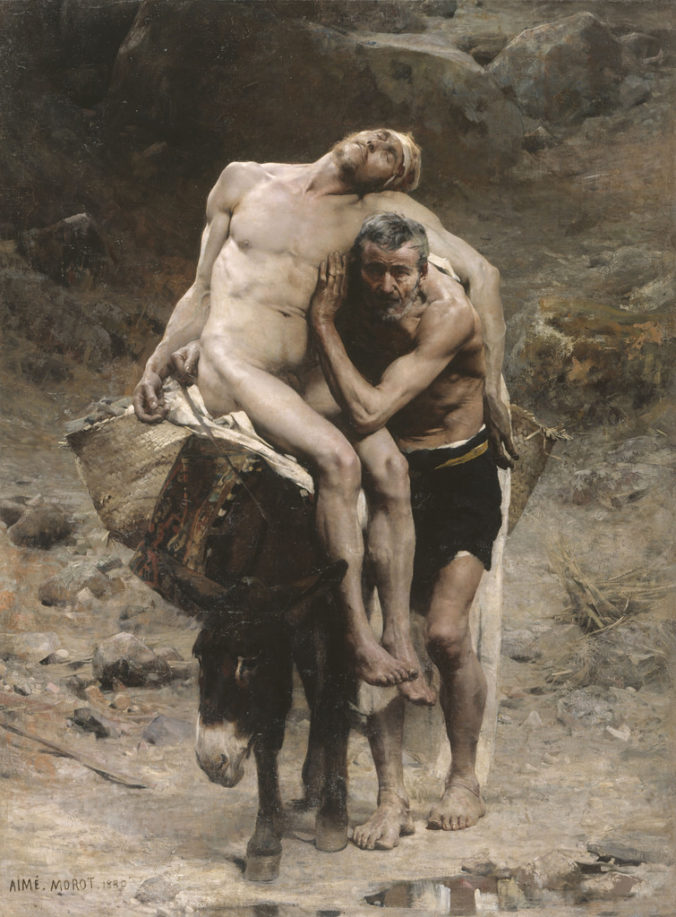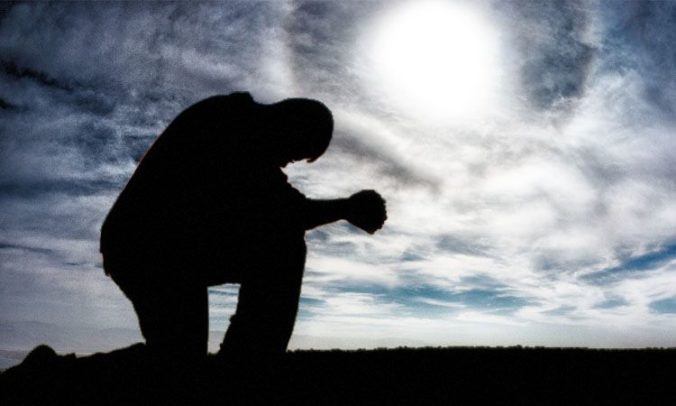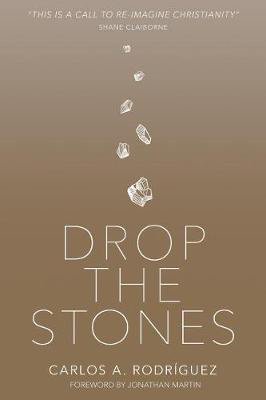Jesus really confuses me at times.
When I look at his life, I see that he got pretty frustrated a lot of the time. He would say things like, “how long do I have to put up with you?!”, he called a Gentile woman a dog, and he seemed to always get angry pretty quickly at the Pharisees.
When you disagree with someone, the worst thing you can do is attack them. They’re just going to become more defensive and hardened in their position. Surely Jesus would have realised this. He seemed to have wisdom beyond his years, and he never lost debates. So what was his purpose in calling his enemies snakes and hypocrites? Surely he realised it wasn’t going to go down well with them.
Most of us realise that it’s best to reason with someone when you disagree with them. You try to find points of commonality where you agree, and go from there. You don’t attack them personally. You tell them that you see where they might be coming from even though you disagree, but you’re open to being shown to be wrong. Even if you have a strong conviction about what you’re saying, you attack the argument, not the person.
So, why would Jesus just provoke more animosity and inflame already tense situations? It doesn’t sound very mature. It just sounds hot-headed and reactionary. As someone who has decided to follow Jesus, this sort of reaction is not something I think is a wise idea to emulate.
One reason I have been told as to why Jesus responded like this was that he was basically wrong. The idea is that what we are seeing when he does this is his full humanity, where he, like any of us would, gets frustrated at times, loses his cool and doesn’t respond like he would want to. We all do that. This is not saying he wasn’t divine, but it is saying that he was subjected to the same human frailties we are.
Part of me is attracted to this type of Jesus; I can relate to him. But another part of me is disillusioned by him, and confused. Jesus is someone we are supposed to follow; being Christlike is what I have dedicated my life to. So, if I find that Jesus made mistakes along the way, which parts of him should I follow and which parts should I not? And, if he made mistakes, does that mean he wasn’t perfect? Does it mean that he sinned?
We all have our own images in our heads of what the people we want to emulate are like. I remember being terribly shocked once in my teens when, as a conservative young Christian, I saw a photo of my hero, Martin Luther King, smoking a cigarette. When I saw that photo, the first thought that ran through my head was, “maybe he wasn’t a Christian after all?” In my circles at the time, Christians didn’t smoke. If you did, you weren’t really fully surrendered to God.
I’m still not really sure why Jesus responded in certain ways to people. I struggle to see how him being fully human still means that he did things wrong. Is my idea of perfection all wrong? Did he really need to be sinless to be the Son of God and die for our sins? If he is not the perfect example to follow, I just feel more lost.
A book I’m reading at the moment attempts to provide some answers to my conundrum. It’s called ‘Jesus Behaving Badly’, by Mark Strauss. The book looks at Jesus’ apparent anger issues, his apparent sexism, racism, disdain for the environment (cursing the fig tree), and other areas of his life in which he behaved ‘badly’. It’s helpful but it still leaves me with questions.
In the end, I still believe Jesus was sinless. I have to admit though, that I need him to be sinless so that I can have something to anchor my life on, that I can follow him in trust. That doesn’t mean that I have to respond in exactly the same way he would; Jesus after all had his own personality and was a product of his environment. If he was here in person today, he might respond differently in what is a completely different culture to the one in which he lived 2,000 years ago.
The bottom line I know is that I too, just like Jesus, am trying to grow into maturity. I can hang onto the ultimate command to love, knowing that I am loved unconditionally, despite the huge sins I have committed in my life. And I know that the Spirit of God within me guides me to be more loving, and gives me the power to live as I ought and as I really want.
When I am surrendered to God’s Spirit, more of my true self is released, the self who has the courage to love, whether or not I am loved in return, to live with courage and not self-protection.
This, for the time being at least, helps me deal with some of my confusion.






 The human tragedy that is the situation on Manus Island has horrified thousands of Australians. Personally, I have never felt so angry and disbelieving that our Government could be so cruel and unjust. What the ongoing tragedy has also confirmed to me though is that the life of following Jesus, the life we experience in following Jesus, is gained by going out of our comfort zones. Let me explain.
The human tragedy that is the situation on Manus Island has horrified thousands of Australians. Personally, I have never felt so angry and disbelieving that our Government could be so cruel and unjust. What the ongoing tragedy has also confirmed to me though is that the life of following Jesus, the life we experience in following Jesus, is gained by going out of our comfort zones. Let me explain.




